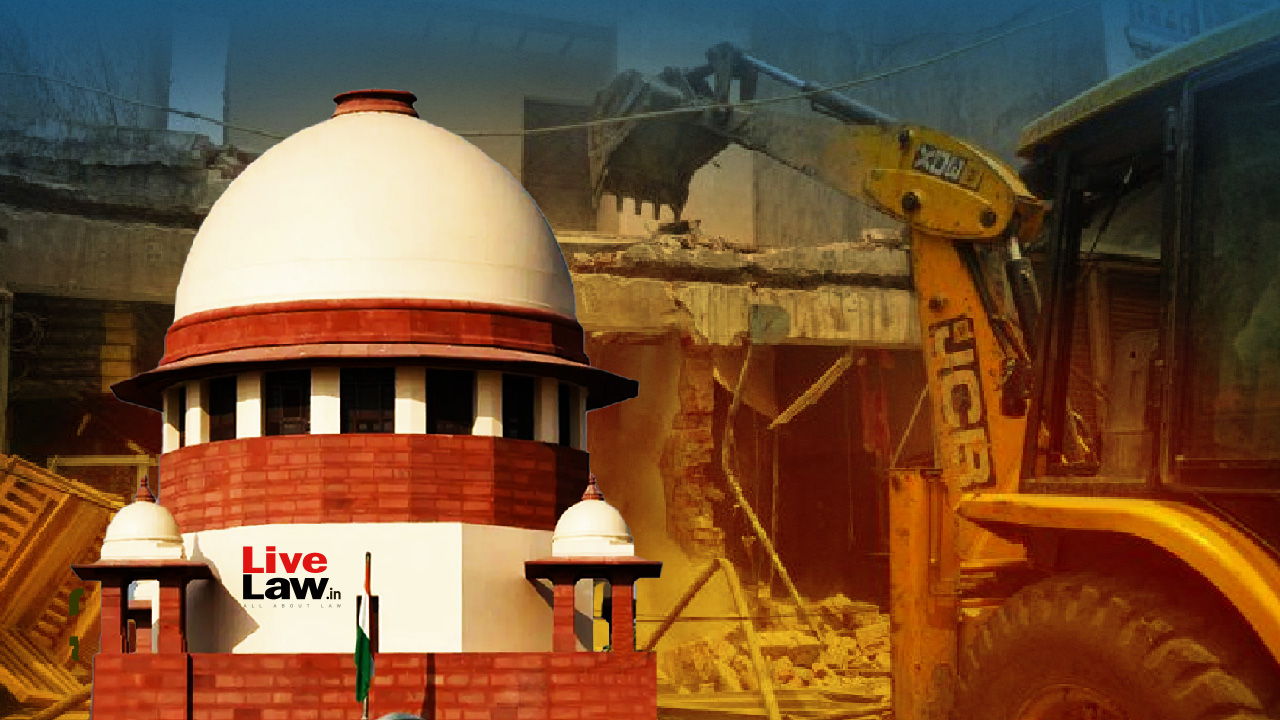 |
|
In a landmark judgment, the Supreme Court of India has unequivocally denounced the practice of the executive demolishing houses of accused individuals without following due process of law. The court deemed such actions a blatant abuse of power, violating the fundamental principles of rule of law and separation of powers enshrined in the Indian Constitution. This judgment, delivered in the 'bulldozer matter,' serves as a crucial safeguard for individual rights and establishes clear boundaries for the executive's authority.
The court emphasized that the executive cannot act as judge and jury, deciding the guilt of an accused individual and subsequently imposing punishment by demolishing their property. The judgment stated that even in the case of convicted individuals, demolition of their properties cannot occur without adhering to the legal procedures outlined in the law. Any executive action deviating from this prescribed process is deemed arbitrary and constitutes an abuse of the legal system.
The court highlighted the paramount importance of upholding the principle of separation of powers, asserting that the judiciary and the executive function within distinct spheres of authority. By demolishing a person's house simply because they are an accused, the executive is overstepping its boundaries and encroaching upon the judicial domain, undermining the core function of the courts to adjudicate on guilt or innocence. This encroachment, the court emphasized, is unacceptable and a violation of the constitutional framework.
The court further elaborated on the critical role of the rule of law in protecting civil rights and liberties. When the executive acts in contravention of the rule of law and separation of powers, the principles of public trust and accountability are compromised. The judgment firmly stated that any executive actions that arbitrarily demolish houses solely based on the accusation of a crime are fundamentally flawed and violate the foundational principles of a just society.
The court also underscored the rights guaranteed to accused individuals under the Indian Constitution, including the right to a fair trial and protection from cruel or inhuman treatment. The judgment emphasized that punishment can only be imposed in accordance with law, and that individuals cannot be subjected to inhumane or cruel treatment. This ruling reinforces the importance of respecting individual rights, even in the context of criminal proceedings.
The Supreme Court's judgment in the 'bulldozer matter' is a significant victory for the protection of individual rights and the preservation of the rule of law. It serves as a clear warning to the executive that its actions must be guided by legal principles and due process, and that the judiciary will not tolerate the arbitrary and unlawful exercise of power. This judgment is a powerful reminder of the essential role of the judiciary in safeguarding the fundamental principles upon which the Indian Constitution is built.
